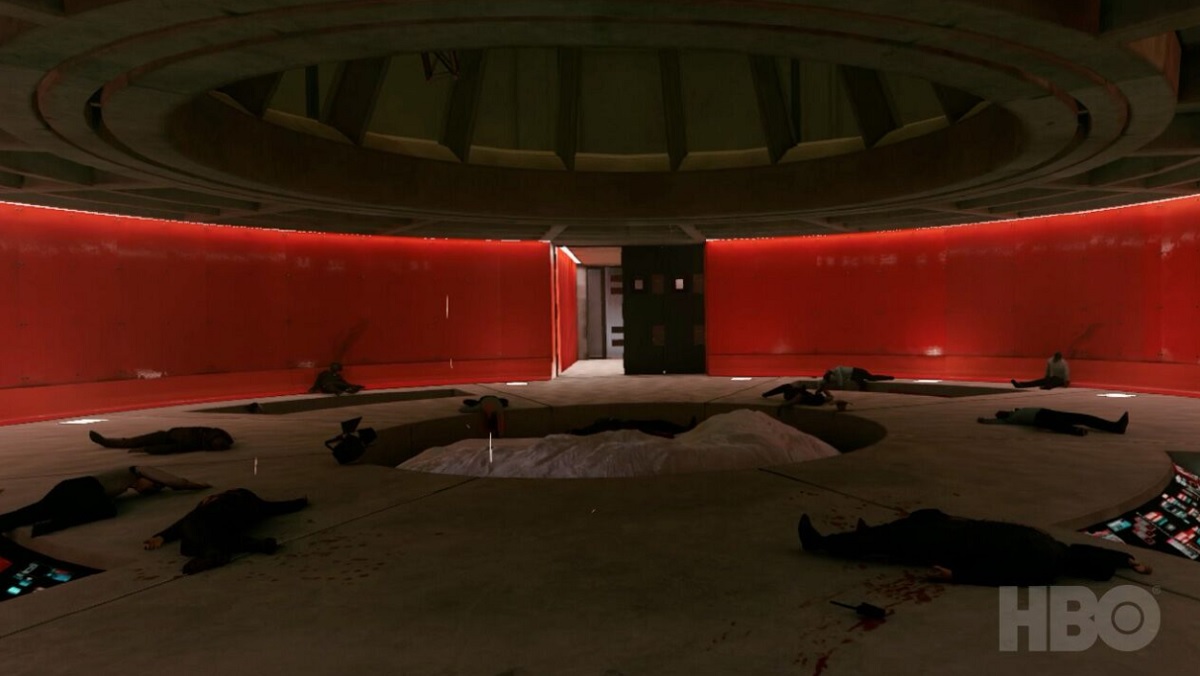A few years ago, I went through an experience at a TechCrunch event. It was Westworld in virtual reality. I shot some guns and walked around in VR — enough to give me a hunger for it. Then I never saw it again. And now HBO and Survios have shown me what Westworld VR, now dubbed Westworld Awakening, has become.
And it is totally different and ready for prime time. [HBO said the early effort was marketing content for the first show]. Only later on did it bring aboard Survios, the maker of popular VR games like Raw Data and Sprint Vector. They tapped the common thread between video game characters and the show’s AI personas.

Unlock premium content and VIP community perks with GB M A X!
Join now to enjoy our free and premium membership perks.
![]()

![]()